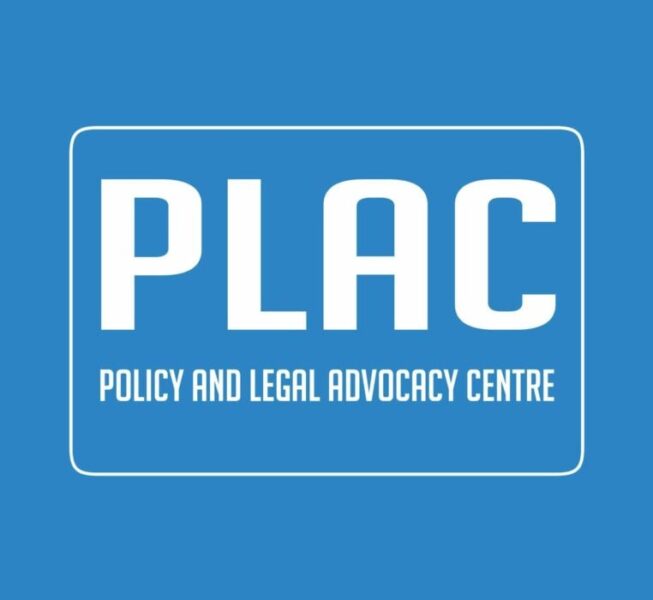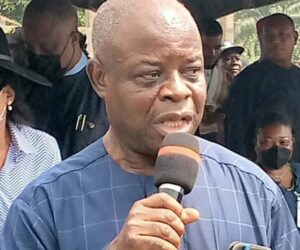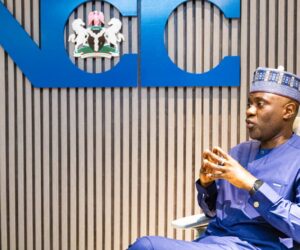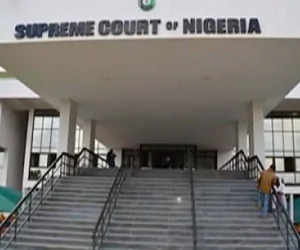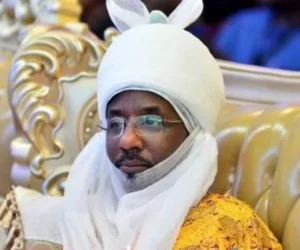A report by the Policy and Legacy Advocacy Centre (PLAC) has shown that 92 percent of Nigerians are in support of the Special Seats Bill.
The stakeholders have, therefore, been urged to take advantage of the goodwill amongst Nigerians for the bill to educate the public on its benefits to them, their loved ones and the society at large.
NOI Polls’ research conducted in June 2025 to ascertain public awareness on the Special Seats Bill garnered data from 3,000 Nigerians across three age groups (18-35, 35-60, and 60-above), spanning the country’s six geopolitical zones.
The findings indicate that 92 per cent of Nigerians across different demographics and geopolitical zones supported the bill and believed in its importance, while eight per cent, who are based largely in the south-west, do not find it relevant or effective and prefer a merit-based system of election to the national and state assemblies.
Out of the 92 percent who supported the Bill, only 9 percent had a fair understanding of its objectives.
The report further highlights that more men than women are in support of the bill, with male respondents accounting for 51 per cent compared to the 41 per cent female respondents, while awareness of the bill was notably higher amongst the educated and higher-income earners in the urban areas than in the rural areas.
Meantime, radio, TV, Facebook and family and friends are the major sources of information on the bill from the respondents, with younger demographic (18-35) accessing the information on the bill via Facebook, word of mouth and twitter, while the older population favoured the traditional media of radio and television.
Speaking on the results of the research, executive director of NOI Polls, Dr Chike Nwangwu, said although people are in support of the bill, only 1 per cent have bothered to engage others on either public forums, debates or consultations on the bill. Of entities currently engaging Nigerians on the aforementioned platforms, 20 per cent were non-governmental organisations, while 19 per cent are women empowerment organisations, community meetings and neighbourhoods.
Nwagwu urged that the one percent should not be ignored. He further noted that inclusivity means different things to different people hence the southwest opinion of the Bill’s importance.
For her part, the Deputy Executive Director PLAC, Omolara Akinyeye, reiterated the importance of leveraging the current goodwill the Bill enjoys amongst Nigerians to rally support that translates into actual votes at the National Assembly (NASS) come the hearing and voting period in October when the lawmakers resume sittings.
Akinyeye who highlighted PLAC’s consistent activities and support of the Bill since the 9th National Assembly said, “There is ongoing support for women in governance. This is enough ground to build on. We must focus on this to ensure it leads to a successful passing of the bill by the national and a strong presidential assent.”
For the European Union (EU), the Bill’s importance rests on its key policy factor inclusion, which programme manager, Democracy, Rule of Law and Gender, Olaolu Olawumni said is key to the development of a society.
“In Nigeria, the voice of women and the need for their inclusion in the political space is key to their own development and the development of the nation. We will continue to work with likeminded organizations and individuals to ensure that the conversations reach the desired conclusion,” said Olawumni.
She believes the research will guide the advocacy for the Bill, with the results deployed to influence the broader society, and to achieve the expected result.
We’ve got the edge. Get real-time reports, breaking scoops, and exclusive angles delivered straight to your phone. Don’t settle for stale news. Join LEADERSHIP NEWS on WhatsApp for 24/7 updates →

